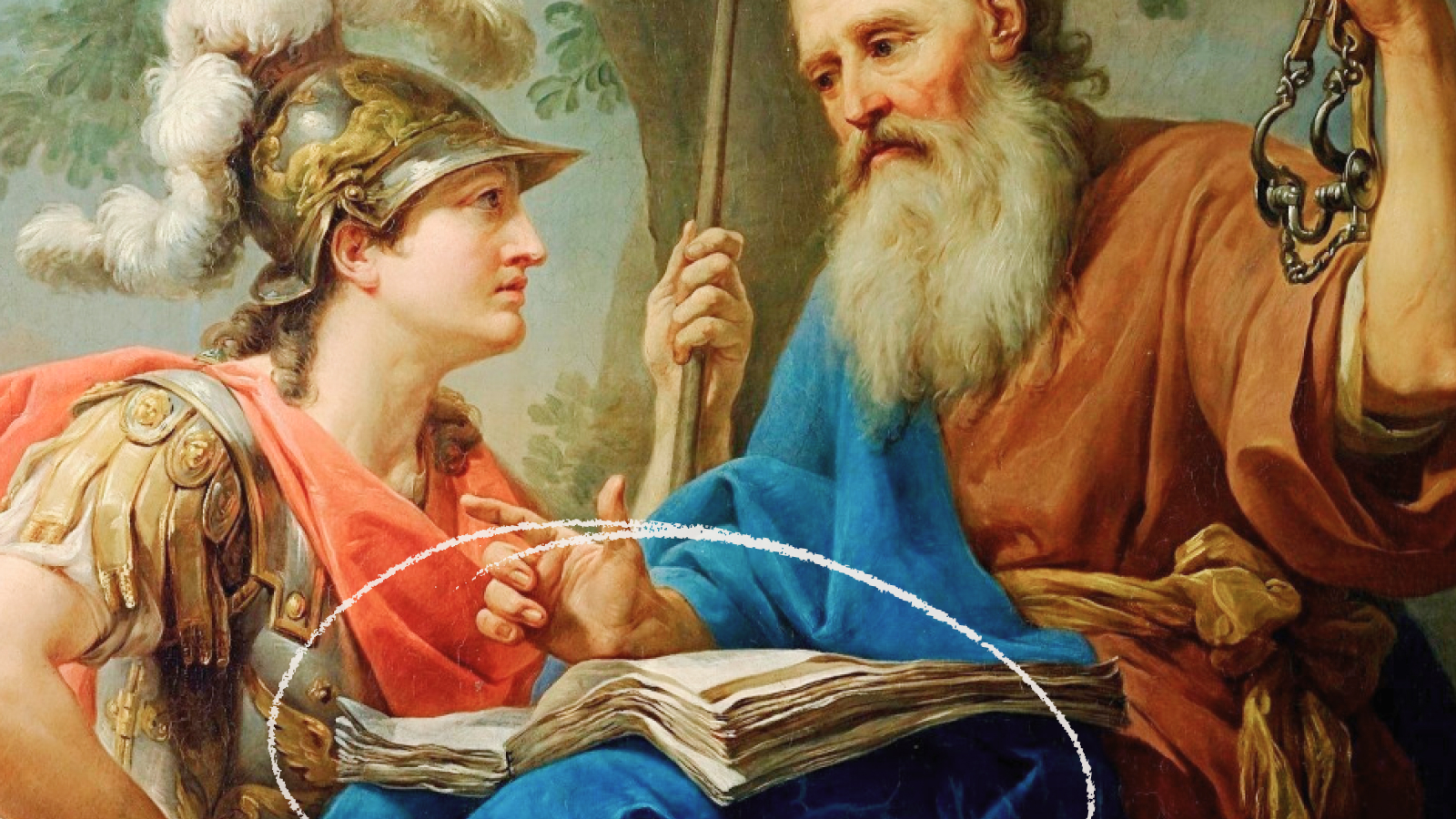The filmmaker and futurist explains his belief in the self-reinforcing power of optimism and the exploration of ways to co-author our emotional experience.
JasonSilva: I’ve recently gotten . . . I’ve fallen in love with this idea of feedback loops. One of the things that Rich Doyle, who wrote Darwin’s Pharmacy, talks about is finding ways to become aware, to learn to perceive the feedback loops between our creative and linguistic choices and our consciousness and our experience, in other words, the extraordinary capacity that we have to sculpt and mold our lives, you know, the spaces we inhabit, the people we surround ourselves with. You know, by curating spaces, by curating circumstance, we essentially coauthor our experience.
You know, a lot of people go through life thinking that they don't have any control, that life is just happening to them. But that's not true. You know, we have a lot more control than we realize, and this extraordinary control comes from the power of feedback loops. You know, you literally can decide, can almost author an afternoon into being by planning to meet in a certain place with a certain person listening to certain music drinking a certain kind of wine. . . . So it’s like, you know, I decide that I’m going to see the world through rose-colored lenses. I’m going to be optimistic. I’m going to look for the beautiful in every possible experience. That intention, that agency, coupled with action, right, with editorial discernment and saying, “Okay, I’m going to do this. I’m going to hangout with this person.” It creates a self-amplifying feedback loop. In other words, the intention to be optimistic makes me stumble upon all these things that make me feel more optimistic and so on and so forth.
And there's always going to be the wildcard. There's always going to be the circumstances you can't plan for. There's always the unexpected relevance and the serendipity. But just like that book The Power of Pull talks about, we can funnel the serendipity, or we can channel the serendipity funnel. We can help engender and engineer serendipity by the choices that we make every moment, right? So by cultivating rich social networks, by cultivating weak ties, not just close ties but the weak ties, by becoming connectors and by connecting others so that they connect us, we create a world in which these self-amplifying feedback loops feed on top of each other. So good circumstances lead to other good circumstances which lead to other good circumstances, and each one of them encourages us to then live more openly and participate in that sort of creative flow space. You can go on and on.
But that requires, it requires a boldness of character as well because the realization of the dizzying freedom we have to compose our lives -- if I could do anything, right? -- it can be paralyzing. But I think that if we are able to courageously embrace the uncertainty of that freedom and then exercise, you know, discerning and smart and refined creative and linguistic choices every step of the way, we do have the capacity to turn our lives into a work of art. And why shouldn't we?
Directed / Produced by
Jonathan Fowler & Elizabeth Rodd






